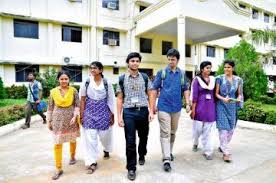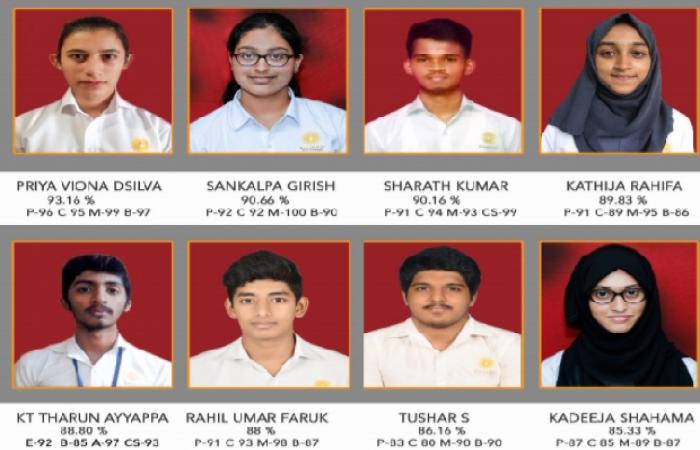Bangalore, Apr 25: Private engineering colleges in Karnataka have agreed to go ahead with last year's fee structure for professional courses.
The Karnataka Unaided Private Engineering Colleges Association on Thursday decided to stop demanding a fee increase for the coming academic year. With this, the fees will remain at Rs 38,090 for CET students, and 45% of the seats in private colleges will go to the government. There will be only one fee slab (there were two slabs last year).
 "We have agreed to toe the government's line. Not enough time is left to increase fees. Moreover, it will show the government in a poor light. To avoid all this, we are ready to go ahead with the existing fee structure and seat matrix. The government has promised to change it next year," said M K Panduranga Setty, secretary of the association. The meeting was attended by around 80 colleges.
"We have agreed to toe the government's line. Not enough time is left to increase fees. Moreover, it will show the government in a poor light. To avoid all this, we are ready to go ahead with the existing fee structure and seat matrix. The government has promised to change it next year," said M K Panduranga Setty, secretary of the association. The meeting was attended by around 80 colleges.
The private institutions met after holding a discussion with the government two days ago. Like every year, the decision came after months-long talks and drama. The association president had resigned following criticism of his decision to go with the government on fees.
More than 1.5 lakh students write the Common Entrance Test (CET) that holds key to professional courses in the state. Of the 87,000 engineering seats available, around 42,000 are with the government.
The test will be conducted on May 1 and 2 this year.









Comments
Add new comment